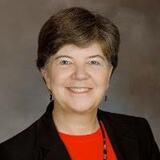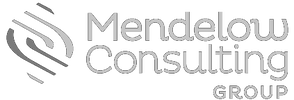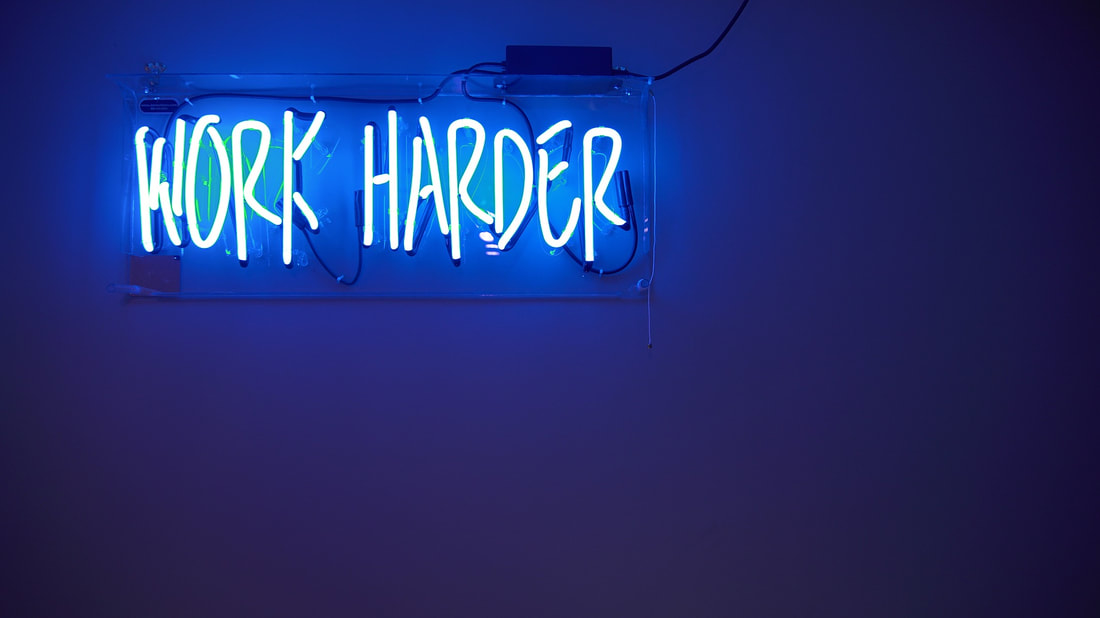|
Post Contributed by Ann V. Deaton, PhD, PCC. “I can access my work phone from wherever I am, even at the gym.” “My flexible schedule lets me take time to be with my brand new niece as often as my brother wants me there.” “Having the dry cleaner and child care on site at work is a godsend.” “When I need to, I can work remotely from across the country so I don’t miss important family events, nor critical deadlines with my team at work.” “Would you believe it? They have a relaxation room at my work where I can go to meditate, do yoga, or even take a quick nap.” We’ve come a long way in our experience of work, how we see our employment, and our lives outside of work. Decades ago, the focus was on separating work and life---keeping each in its rightful place. Then we transitioned to trying to balance the different aspects of our lives, making sure each got their fair share of our time. This balance stance morphed into work-life integration, where we approached our lives with the awareness that work and life weren’t necessarily in competition for our time, that each might actually contribute to the other. And, at present, we are continuing to evolve our sense of how to be whole human beings—honoring our commitments to ourselves, significant people and events in our lives, and our responsibility to our jobs. As the quotes at the start of this blog suggest, many workplaces have noticed, and accommodated, our evolving needs. The employers who can’t, or don’t, adjust run the risk of a revolving door of new hires and valued workers leaving for better jobs. In this case, “better” is not always synonymous with a higher salary or a more prestigious role. “Better” often means a workplace that sees me not just as a way to get the work done, but as a whole human being with needs and wants of my own outside of work. This evolving sense of what it means to be committed to work and simultaneously dedicated to our hobbies, friends, and families outside of work takes many forms. Recently, my colleague Laura Mendelow and I had the opportunity to facilitate an experiential session at the annual Organizational Development Network (ODN) conference where the participants helped us to reflect on the varied phases of life-work evolution. Session attendees were prolific and eloquent in capturing the upsides and the downsides of how we’ve approached the challenge of limited time and seemingly unlimited demands on our time over the decades. We captured their brilliance in a recent article for the Library of Professional Coaching. We added coaching questions to enable professional coaches, and leaders who coach their team members, to craft individual solutions. How effectively are you engaging with the tension of living a full life, and accomplishing your career or work goals? Consider the following questions for a little self-reflection:
We’d love to hear how you are ensuring that you, and those around you, create meaningful and sustainable lives. Post your comments below!  Ann V. Deaton, PhD, PCC, is a leadership and team coach based in Richmond, VA. Her publications include the books VUCA Tools for a VUCA World and Being Coached: Group and Team Coaching from the Inside.
0 Comments
Your comment will be posted after it is approved.
Leave a Reply. |
AuthorLaura Mendelow |
|
|
©2020. All Rights Reserved. Mendelow Consulting Group, LLC.


